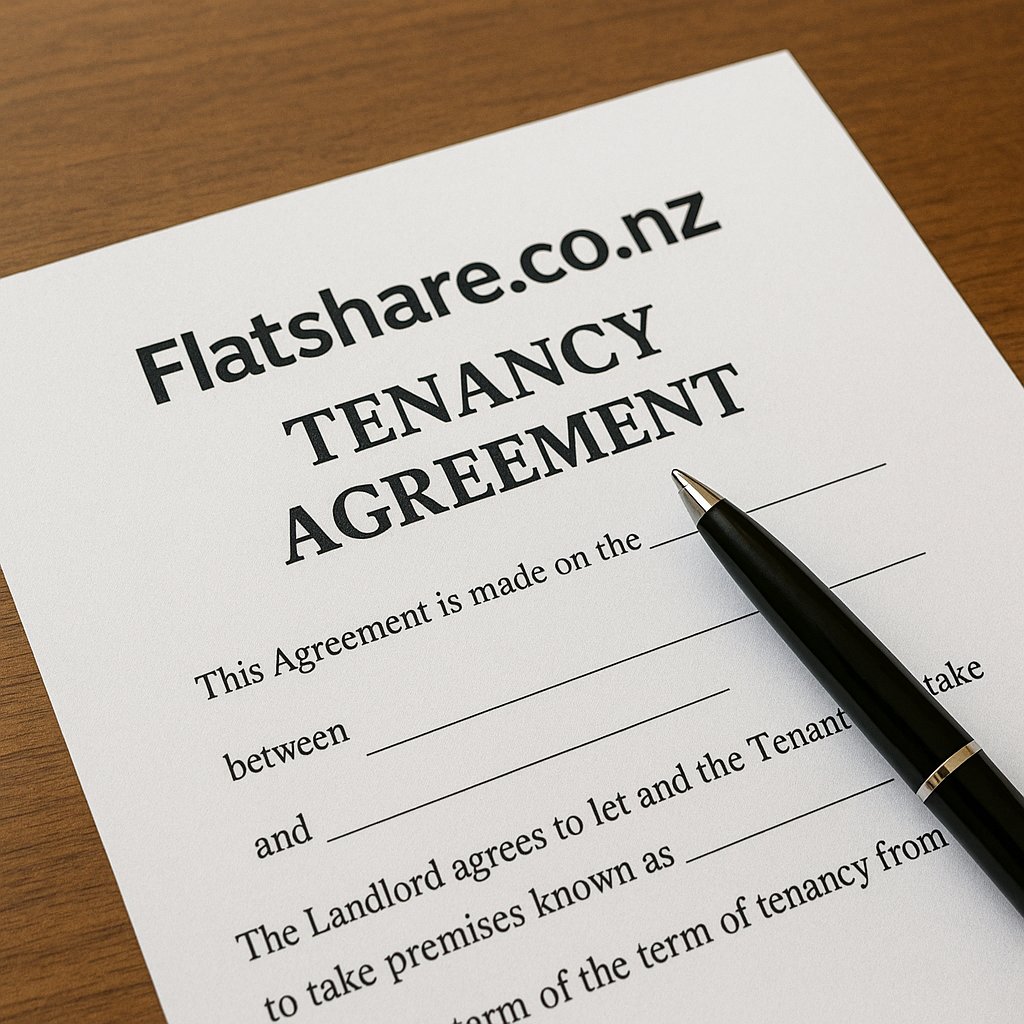

 Click Here to Rent Out Your Room or House!
Click Here to Rent Out Your Room or House!
At the heart of Kiwi rental laws, you'll find the Residential Tenancies Act 1986. If you’re a landlord, property investor, or tenant, understanding this Act isn’t just a good idea, it's critical.
Buckle up as we demystify the Residential Tenancies Act 1986 for landlords, property managers, investors, and even roomies. We'll navigate the legal hoops, compliance checks, and clever strategies to help you stay afloat in the choppy seas of the rental market.
First Things First: An Overview
The Residential Tenancies Act 1986, in simple terms, promotes fair play between landlords and tenants, keeping both sides secure. For landlords, toeing the line with the Act is key to avoid hefty disputes and secure the financial success of your investment. Let's dive in!
Demystifying the Residential Tenancies Act 1986
Key Provisions and Regulations
- Security of Tenure: Provides tenants surety about when they can't be evicted, ensuring a stable home sweet home.
- Rights and Responsibilities: Spells out the dos and don'ts for both landlords and tenants, like tenants' right to peace and landlords' duty to keep properties ship-shape.
- Rent Control and Increases: Sets the rules for how rent is decided, increased, and regulated, protecting tenants from sky-high rent jumps.
- Bonds and Deposits: Lays down laws for handling bonds, keeping both sides' financial interests safe.
- Dispute Resolution: Sets up processes to sort out disagreements through the Tenancy Tribunal.
- Inspection Notices: Guidelines for landlord's property visits, balancing tenant privacy and property upkeep.
- Alterations and Additions: Sets boundaries on tenant improvements to the property without the landlord's nod, keeping a balance between protecting property and making it feel like home.
What Landlords Need to Know
Landlords have some serious duties under the Residential Tenancies Act 1986. Here's a quick run-down:
- Property Upkeep: Keep your property in tip-top shape, ticking those health, safety, and building regulation boxes.
- Respecting Privacy: Give heads up before dropping by - usually 24 hours, unless it's crunch time.
- Rent Hike Notices: Give tenants fair warning before upping the rent - usually at least 60 days in advance.
- Handling Bonds Right: Lodge bonds with the government on time to keep it safe during the tenancy.
- Compliance is Key: Stick to the rules in the Residential Tenancies Act and other relevant laws.
What Tenants Should Know
Tenants, listen up! Here are your key duties under the Act:
- On-Time Rent: Get rent paid in full and on time.
- Keep It Clean: Look after and respect the property, and let your landlord know about any necessary fixes.
- Quiet, Please: Don't disturb the neighbors, keep it chill.
- Follow the Rules: Stick to all the terms laid out in your lease, from no-pets to no-smoking.
- Consent for Changes: Planning to do some DIY? You’ll need written consent from your landlord beforehand.
- Moving Out? Give Notice: If you're planning to leave, give the correct notice in writing, as outlined in your lease.
Staying on the Right Side of the Rules
Legal Compliance is a Two-Way Street
Both landlords and tenants play a big role in ensuring a peaceful co-existence by adhering to the Residential Tenancies Act 1986. This means landlords conducting inspections by the book, keeping a record of all transactions and tenant interactions, and staying clued-up on housing laws. Tenants, on the other hand, need to report any issues ASAP, pay rent on time, and stick to their lease. Open and respectful communication drives a stable, compliant tenancy.
Handling Leases and Disputes
A rock-solid tenancy agreement is key to a smooth landlord-tenant relationship. It should spell out all the terms and conditions, including rent amount, how to pay, duration of the lease, and who's responsible for what. Make sure everyone's on the same page to prevent potential disagreements.
If a dispute does pop-up, handle it head-on and fairly. Open dialogue is your best starting point. If that doesn’t work out, mediation or support from a regulatory body can help. Keeping it professional and open to compromise can go a long way in resolving matters.
Maintaining Property and Safety
Keeping a property safe and sound is a joint effort between landlords and tenants. Landlords, it's on you to offer a safe and habitable environment, conduct regular inspections, and fix any issues pronto. Tenants, use your property wisely and let your landlord know immediately if something's up. By working together, you can ensure a safe and pleasant tenancy.
To Wrap It Up
Understanding the Residential Tenancies Act 1986 is a must for anyone dealing with rentals. By navigating these laws and rules, landlords and tenants can enjoy a successful, compliant, and prosperous tenancy. Stay informed, comply and enjoy the peace of mind that comes with a well-managed property.

 Click Here to Rent Out Your Room or House!
Click Here to Rent Out Your Room or House!







